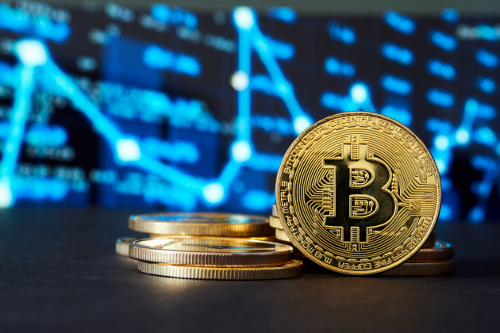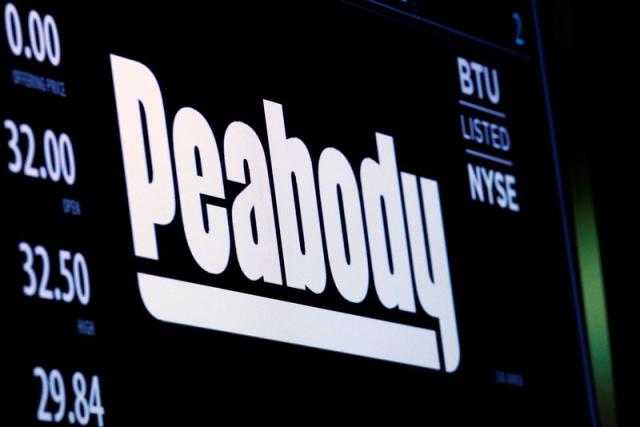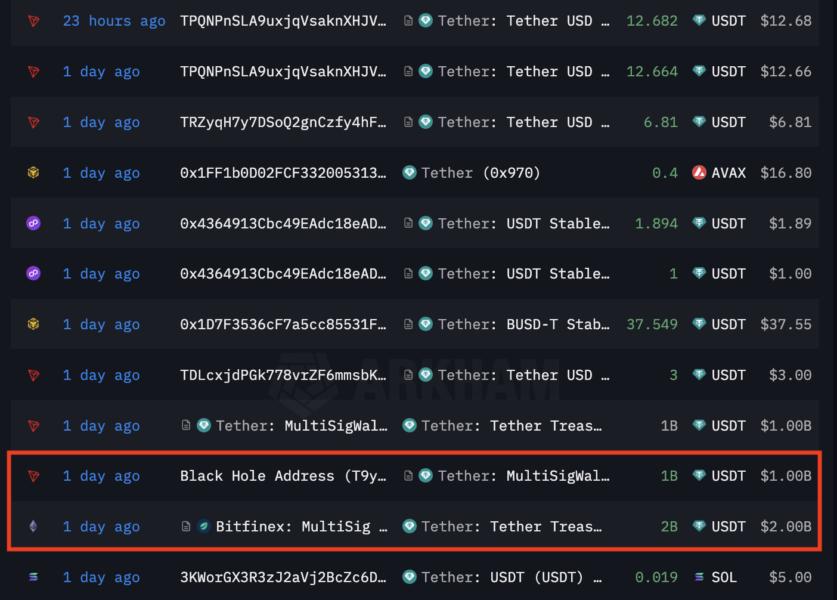In the evolving global landscape of cryptocurrency adoption, South Korea finds itself at a crossroads. Calls for the nation to establish a Bitcoin reserve have gained momentum domestically, especially as the United States, under President-elect Donald Trump, signals a friendlier approach to digital assets.
However, South Korea’s Financial Services Commission (FSC) remains cautious, focusing on aligning the crypto market with the existing financial system before considering such bold moves.
Kim Byung-hwan, Chairman of the FSC, addressed the rising demands for a national Bitcoin reserve during an interview on November 24. He acknowledged the increasing public interest but described the idea as premature.

“[A national Bitcoin reserve] is a bit of a distant story at the moment,” Kim stated. While he recognized the U.S.’s bullish stance on cryptocurrencies, describing it as an “active nurturing policy” compared to South Korea’s more conservative approach, he emphasized the need for prudence.
Kim outlined the FSC’s priority as establishing stronger connections between the cryptocurrency market and South Korea’s traditional financial systems. “For now, the priority is how to connect this market to the existing financial system and establish a relationship with it,” he explained.
READ ALSO: Donald Trump Reportedly Plans to Ban Transgender Individuals
The U.S. has seen a shift in its stance toward cryptocurrencies, with the incoming Trump administration signaling a more favorable approach. This has put pressure on other nations to reassess their crypto policies. Kim admitted that the FSC is closely watching the U.S.’s actions and the potential global ripple effects.
However, he stressed the importance of tempering crypto enthusiasm with caution. According to Kim, there has been a notable increase in cryptocurrency trading volume in South Korea, even surpassing the nation’s key stock market indexes, KOSPI and KOSDAQ.

“As [virtual asset] prices are rising rapidly in a short period of time and the market itself is highly volatile, it is necessary to closely monitor the unfair trading sector with a focus on it,” Kim noted.
South Korean regulators have been proactive in securing and regulating the crypto market, but their focus has largely been on taxation and market stability rather than adoption of Bitcoin as a reserve asset. On November 20, the Democratic Party of Korea announced plans to introduce a 20% cryptocurrency tax starting in January 2025.
READ ALSO: Anglo American Sells Australian Coal Mines to Peabody Energy
The proposed tax would apply to profits exceeding 50 million Korean won (approximately $35,668), with an additional 2% local tax. Initially, regulators had planned to impose the tax on profits above just 2.5 million won (around $1,800). However, following pushback from major crypto exchanges, the threshold was raised to avoid stifling trading volumes.
Despite these adjustments, the introduction of taxation reflects a cautious approach by the South Korean government, prioritizing oversight and revenue collection over promoting rapid growth in the cryptocurrency market.

Kim’s statements reflect South Korea’s cautious stance toward integrating cryptocurrencies into its financial ecosystem. While the U.S. may adopt aggressive policies to embrace crypto innovation, South Korea remains wary of the sector’s volatility and risks.
Kim also expressed concern over the need for balance between traditional financial markets and the growing popularity of digital assets. He highlighted the importance of directing more investment into the stock market instead of the cryptocurrency market, which he views as overly speculative and prone to instability.
READ ALSO: 3 Undervalued Stocks Primed for a Bull Run in 2024
South Korea’s measured approach to cryptocurrency reflects a broader global debate: how to balance innovation with regulatory oversight. While the U.S. appears to be embracing digital assets with open arms, South Korea is opting for a more cautious path, focusing on stability and integration with traditional financial systems.

As the FSC continues to monitor the digital asset trading sector, the possibility of a Bitcoin reserve remains a distant prospect. For now, the government is committed to ensuring that the crypto market operates fairly and aligns with the broader goals of financial security and economic stability.
The coming years will be crucial for South Korea as it navigates this complex landscape, determining how best to embrace the opportunities of cryptocurrency while mitigating its risks. Whether or not the country eventually follows the U.S. in establishing a Bitcoin reserve, one thing is clear: the global race to integrate crypto into financial systems is heating up, and South Korea will need to carefully decide its next steps.

